S&P 500: -0.74% DOW: -1.34% NASDAQ: 0.08% 10-YR: 4.57%

Last Week on WallStreet - September 30th, 2023
What Happened?
The third quarter has come to a close, culminating in what has been the stock market's most challenging month thus far in 2023. It witnessed a slight correction, tempering the high-flying, concentrated returns that characterized the first half of the year. This week was a continuation of that pain as higher yields and investor fears led the indexes lower yet again.
The shift in sentiment sets the stage for the final three months of the year, prompting investors to tackle several questions. Will the Federal Reserve opt for a hike in November, and if so, how might this impact the market? Will the recent trend of inflation moderation continue its decline? Can the economy sustain its current momentum and resolve? A more immediate concern is the duration of a possible government shutdown. How long might it persist, and what implications could it have on various sectors and the broader market? These are the pressing questions on investors' minds as they approach the final quarter of 2023, and new ones are sure to emerge.
Beneath the surface, most sectors fell along with the index despite the resilience of a few. Energy (+1.2%) continues to show strength on the back of rising fuel prices. Utilities (-6.9%) were battered ruthlessly this week primarily due to the sector's interest rate sensitivity. Staples (-1.9%) and Financials (-1.5%) declined sharply as well.
The Fed's Favorite Inflation Indicator Rose Less Than Expected in August
- The headline Personal Consumption Index increased 0.4% on the month and 3.5% from a year ago
- Core PCE, which excludes food and energy, increased 0.1% for the month, lower than the expected 0.2% gain
- The annual increase for core PCE was 3.9%
- This marks the smallest monthly Core PCE gain since 2020 and the first sub-4% annual increase in nearly two years
- Consumer spending rose 0.4%, down sharply from 0.9% in July
The key takeaway - Progress continues to be made in the inflation fight, as indicated by the latest report on the Fed's preferred inflation gauge. Deceleration in the core figure is encouraging, as it provides a better reflection of longer-term price trends. However, while the trajectory of inflation appears promising, it is too early to celebrate. Inflation remains at twice the Fed's target, and the recent resurgence in energy prices could apply upward pressure on prices. The PCE report also sheds light on consumer behavior, revealing a slowdown in spending and a shift towards substituting higher-priced goods with lower-cost alternatives. This change in consumer habits could impact the overall inflation dynamics. Investor sentiment has shifted in response to recent data releases and additional insights from Fed officials. Expectations of a rate hike at the next Fed meeting have tempered, with the current market probability priced at 15%, down from 27.5% a week ago.
Investors Fear US Data Disruption from Looming Government Shutdown
- Unless a last-minute deal is reached, the US government is set to shut down on Oct. 1st
- In addition to the plethora of other services that would be disrupted, economic data publications would also be halted
- Government spending, a key source of fuel for the economy, would be significantly diminished
- Privatized sources of data, such as the ISM indexes, will continue to publish
The key takeaway - While the repercussions of a government shutdown on many Americans are broad and significant, investors are keenly aware of the issues this could cause within the market landscape. The reduction in government spending, though tangible, typically doesn't immediately affect growth and GDP unless the shutdown extends for months. The primary concern for market participants revolves around the unavailability of publicly published economic data, especially in what the Federal Reserve repeatedly calls a data-dependent environment. For instance, the coming employment report scheduled for next week would offer insights for investors regarding the economy, but in the event of a shutdown, it wouldn't be released. If the shutdown endures only for a few weeks, the damage is likely to be limited. However, if it persists, markets could experience increased volatility due to the absence of these vital indicators.
US Consumer Confidence Dives to Four-Month Low; Home Sales Tumble
- The consumer confidence index dropped to 103.0 this month from 108.7 in August
- A sharp decrease in the expectations measure accounted for the decline in confidence
- New home sales plunged 8.7% to a seasonally adjusted annual rate of 675,000 units in August
- Sales increased 5.8% on a year-on-year basis in August
The key takeaway - The recent consumer confidence and new home sales reports both indicate a decline in overall consumer sentiment over the last month. Several factors have been called out as contributors to this decline, including rising energy costs, heightened concerns about a potential recession, an uptick in interest rates, the resumption of student loan payments, and the looming possibility of a government shutdown. Consumer sentiment, while prone to fluctuations, plays a crucial role in driving spending behavior and ultimately impacts the success of the overall US economy. If these adverse factors continue to weigh on Americans, we may see a softening in the currently stable economy. This trend has become evident in the past month as seen in the new homes market, where historically high mortgage rates have dampened the previously robust demand for new homes over the past several months.

From the Waterloo Watercooler
Hollywood writers are officially back to work after Writers Guild of America leaders voted to end the 148-day strike
Moody’s, the only major rating agency that still gives the US a triple-A rating, warned that a government shutdown would negatively impact the country’s credit
Nissan announced that all new models it launches in Europe will be fully electric, and by 2030, it will only sell electric vehicles on the Continent
GameStop named Ryan Cohen its new CEO. The billionaire investor and GameStop's current executive chairman, will not receive a salary.



